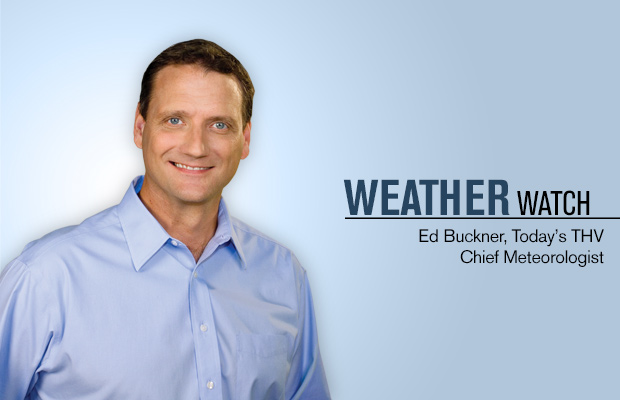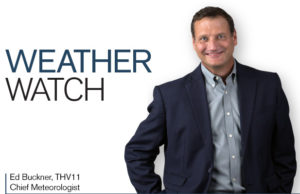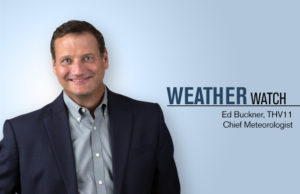Weather Watch: Do You Need A Doctor To Forecast The Weather?

Did you know that there are doctors of Meteorology? There are quite a few around, but what do they do exactly and can you get your local forecast from them? Probably not, but you probably wouldn’t need to. Let me explain.
There are basically 3 titles given to men and women who deliver weather casts on the TV news: Weathercaster, Meteorologist and Doctor of Meteorology. Since you haven’t seen many Doctors of Meteorology on the news you can bet it’s pretty rare.
Weathercasters
When television broadcasts first began, around 1950, the format hadn’t fully developed to what it is now. A news man or anchor, read the news to you. Soon they added a weather report. After a few years multiple anchors could be seen on a news desk and the weather report became more specialized and separate.
Those folks on TV back then were referred to as Weathercasters. These men and women first and foremost were good on TV and could speak clearly and probably easy to look at. They did an excellent job of reading what the Weather Bureau stated in their forecast and were able to convey that information to their television audience.
The “weatherman” or “weathergirl” title would last well into the 1970s.
Meteorologist
In the 1980s the advancement of weather computers led to a more specialized weathercaster: the broadcast meteorologist. TV weather folks had to become more scientific and able to explain the various computer models and data that had become available to them instead of only the National Weather Service.
Most of those you see on TV now have some type of meteorology degree, most common being the Bachelor of Science. There are also masters and doctoral degrees offered. A great deal of science and math are part of most 4-year bachelor degrees. Of course science and math are used every day to prepare the forecast and you also have to know how to be a graphic artist, know how to use various computers and programs and know how to write and present the weather story. A lot more weight and responsibility are carried with a broadcast meteorologist than the former weather casters.
Doctor of Meteorology
Yes, there are actually doctors of meteorology. I call these the really smart people. Most of these programs are designed to be completed in five or six years yet the average time to get this degree is a bit longer at 7.5 years according to the National Science Foundation. Chemistry, physics, earth science, engineering, environmental science and of course meteorology are all studies that need to be mastered. Doctors sometimes do get hired by TV stations but the percentage is very small. Most work for the weather service in some form or fashion.
So, do you need a doctor to deliver your local forecast? Probably not. We do need them for so many other things like climate studies and research. One of the hardest classes I had to take was Thermodynamics. While I had to learn all about things like Boyles Law and the physical properties of the atmosphere, I never have had a need (or desire) to talk about that during the weather report. After all, most viewers really want to just know if it’s going to rain/snow or what the temperature will be.








0 comments